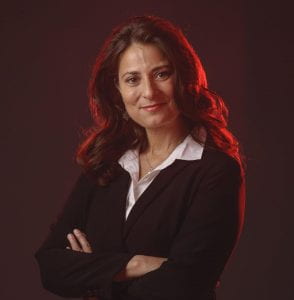A global leader in astrobiology, Prof. Natalie Batalha oversaw the scientific work of the Kepler Mission. Under her direction Kepler exponentially expanded the number of known exoplanets and the estimate of potentially habitable planets – sparking the worldwide acceleration of astrobiology.
Batalha led the analysis that yielded the discovery in 2011 of Kepler 10b, the first confirmed rocky planet outside our solar system. In 2017, Time magazine named her one of the 100 most influential people on Earth.
Batalha who earned her Ph.D. in astrophysics at UC Santa Cruz, left NASA to establish and direct the UC Santa Cruz Astrobiology Initiative.
There were no results found for your filters.
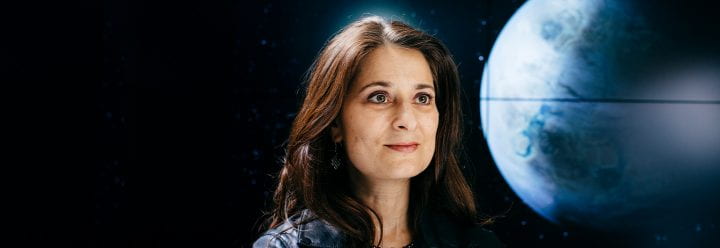
Astronomy & Astrophysics. Detects and characterizes planets orbiting other stars (exoplanets) with the goal of understanding where are the most likely cradles of life. She also studies exoplanets as a population to understand their diversity.
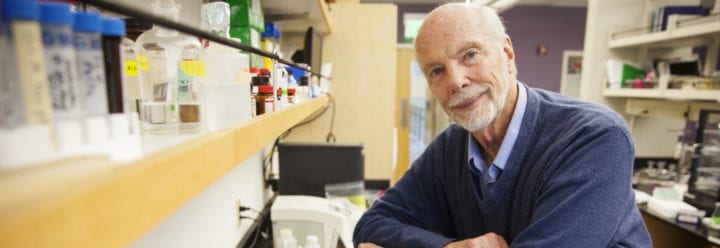
Biomolecular Engineering. Produces sample nucleic acids in simulations of prebiotic conditions. Studies the role of membranes in the origin of life. David works to understand the assembly of the first living organisms on planet Earth.
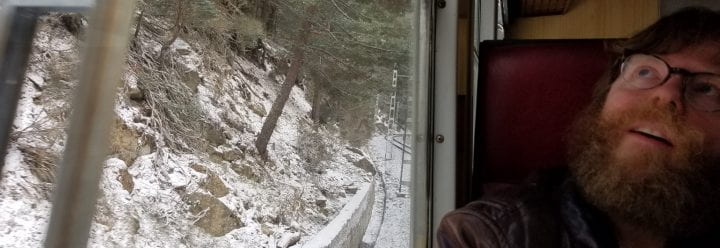
Literature. Studies definitions of life from a historical perspective. He is also interested in biosignatures as a problem of linguistics and information theory.

Philosophy. Directs the Center for Public Philosophy at UC Santa Cruz. Seeks to facilitate productive dialogue and deliberation and engage with the public on issues of philosophy, ethics, and critical thinking including space exploration ethics.

Astronomy & Astrophysics. Astrobiology generates knowledge which is essential to the bringing meaning to our human existence. She is interested in solving near-term and far-term challenges to that impact the survival of life on earth.
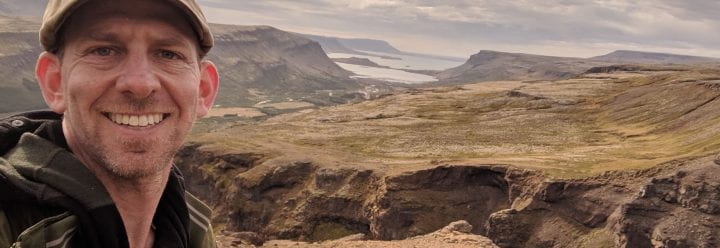
Astronomy & Astrophysics. Studies the atmospheres, interiors, composition, and evolution of planets in our solar system and beyond by modeling their physics and chemistry.

Philosophy. Serves as co-lead of the Center for Public Philosophy's Language of Conservation program which envisions a transformation in humanity’s ethical relationship to nature through discovery and development.

Astronomy & Astrophysics. Interested in galaxies as sites of chemical evolution where heavy elements are synthesized in stars. These heavy elements are directly related to the complexity, diversity, and richness of life on Earth.
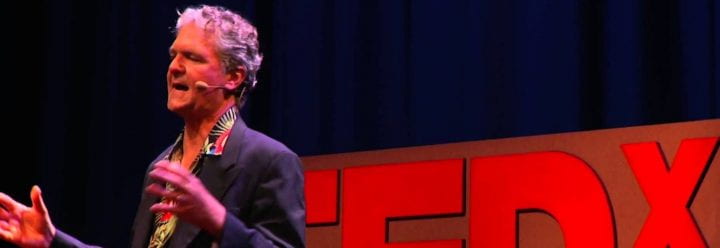
Biomolecular Engineering. Interested in whole genome sequencing, the scientific principles of life, evolution by natural selection, forms of entropy, self-organization, and the key milestones in the evolution of intelligence on earth.
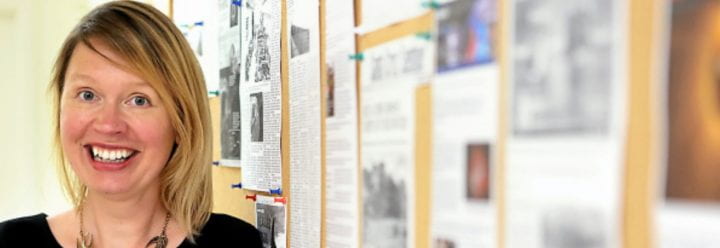
Science Communication. Directs the UC Santa Cruz Science Communication Graduate Program. Erika is a science journalist interested in involving the public in discussions about the science, ethics and societal impact of astrobiology.
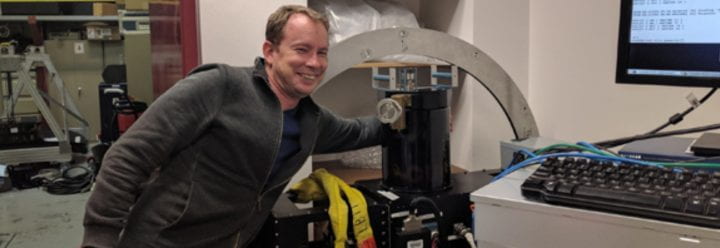
Astronomy & Astrophysics. Develops instrumentation technology for interferometers, adaptive optics systems, and infrared cameras optimized for exoplanet detection and characterization. Phil is the Director of the Laboratory for Adaptive Optics.

Astronomy & Astrophysics. Develops extreme adaptive optics technologies and observational methods for directly imaging planets around other stars and characterizing their atmospheres.

Astronomy & Astrophysics. Studies the formation and evolution of planetary systems to find out why different stars host different types of planetary systems and by extension, which worlds are most likely to host hospitable environments.

Earth & Planetary Science. Studies the evolution and detection of oceans on icy bodies (Europa, Enceladus, Pluto, and Titan). He is on three of the Europa Clipper instrument teams.
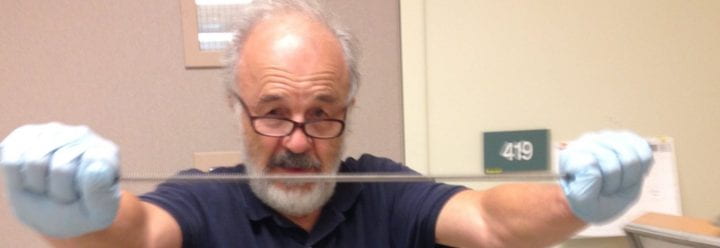
Molecular, Cell & Developmental Biology. Studies the origin of the ribosome (and life) from an RNA world and the origin of RNA itself from prebiotic chemistry. He is broadly interested in life as an emergent property of the periodic table.

Art. Maintains a multifaceted research practice between the arts and sciences. She believes being an artist is an opportunity to tell stories that reflect the beauty, curiosity, and challenges of all species living on the planet.
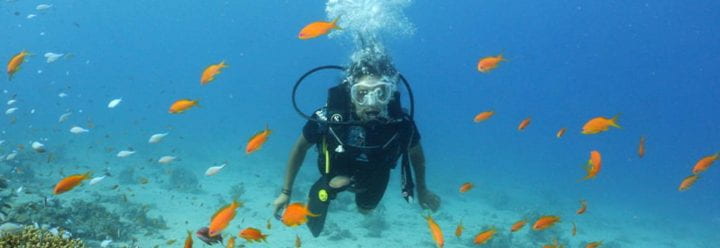
Ocean Sciences. Develops geochemical and isotopic tools for the detection of life and the interactions between life and the environment on Earth.

Physics. Interested in the galactic environments of living planets - what sorts of galaxies, and what regions in galaxies are likely hosts of life, especially complex life.

Astronomy & Astrophysics. Studies the physical processes that govern the production and mixing of heavy elements in the Universe. His goal is to understand where the elements that are the building blocks of all life on Earth originate.

Ocean Sciences. Studies the interaction between biological and environmental change in Earth's geological past, with a focus on past warm periods and on climate transitions.

Philosophy. Assitstant Director of UC Santa Cruz's Center for Public Philosophy. Seeks to solicit and amplify voices that are not traditionally heard in public deliberations about difficult ethical and political situations.
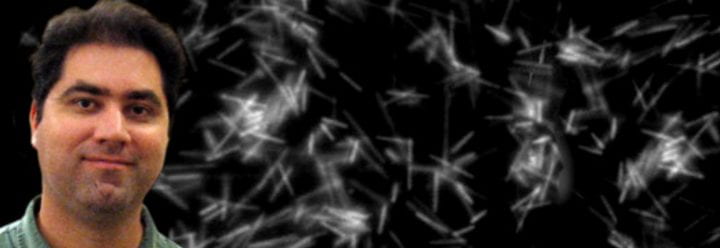
Microbiology & Environmental Toxicology. Studies the genetics and physiology of microbes that can grow on and metabolize toxic metals. Focuses on the genetic pathways for anaerobic reduction/oxidation of arsenic compounds and anoxygenic photosynthesis of arsenic in extreme environments.
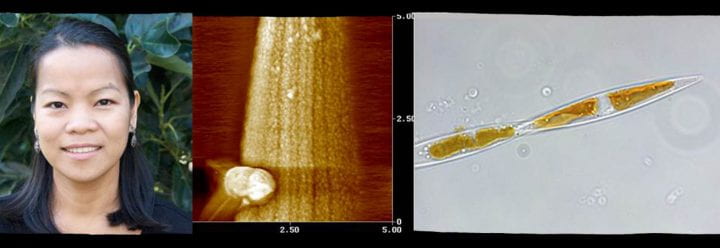
Ocean Sciences. Studies the evolution of marine bacteria and phytoplankton and how they depend on one another. Her goal is to understand how these organisms influence the habitability of the ocean and planet.
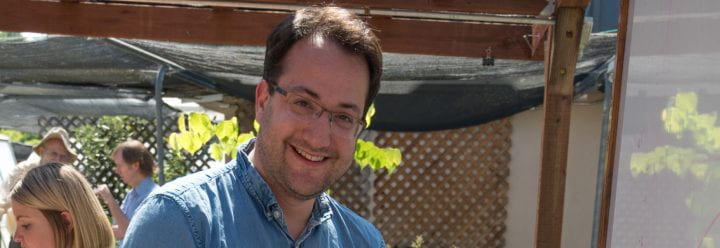
Astronomy & Astrophysics. Interested in detecting and characterizing exoplanets with the goal of understanding their diverse properties. He is currently developing instrumentation that will be sensitive to temperate and potentially habitable planets.
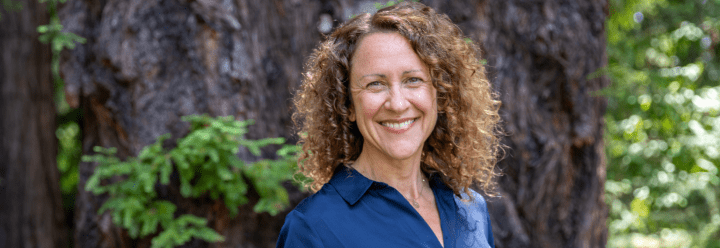
Astronomy & Astrophysics. Supports the Astrobiology Initiative as its Program Coordinator. Focuses on project management, proposal writing, development, and events. In awe of the beauty and mystery of the Universe.

Earth & Planetary Sciences. Studies meteorites to understand critical information about how the solar system formed and the timing and conditions of events that led to the solar system we observe today, especially as a host for life.

Earth & Planetary Sciences. Studies the long term evolution of Earth's climate and coupling with the carbon cycle and biosphere.
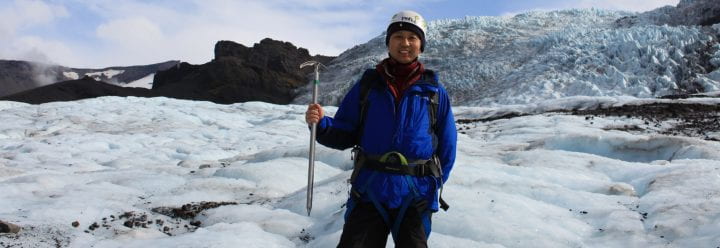
Earth & Planetary Sciences. Studies atmospheres as a window into the origin, evolution, and habitability of planets and large satellites within and outside of the Solar System.

Literature. Interested in the history of colonialism and how it relates to the future of space exploration. Currently using the sixteenth century colonial history of the Americas as a way to think about astrobiological futures.

